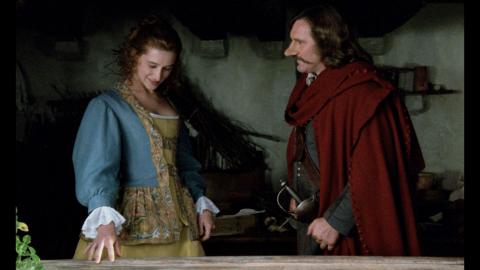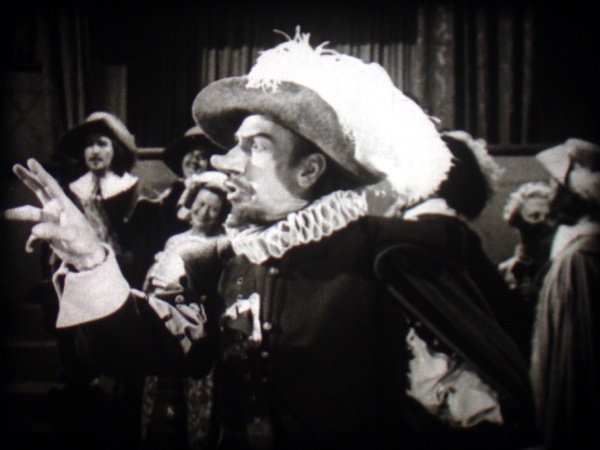

Only later does Oedipus learn these facts, with tragic results. The audience knows that the dead man is Oedipus’ father and that his new wife is his mother. Oedipus kills a man who is a stranger to him and then meets and marries the dead man’s widow. The classic example of dramatic irony is contained in Oedipus Rex. This happens when the audience/reader has greater knowledge about present or future circumstances than the characters in the story. (2) In a work of fiction, dramatic irony occurs when an author creates a contrast between the reality perceived by one or more of the characters and what is known by the audience or the reader. This situation is ironic because one would not expect a nation founded on the principles of the Declaration of Independence to owe its existence to a bargain that ensured the slavery of millions for the foreseeable future. Many Southern colonists were willing to risk a revolution against what was then the most powerful empire on Earth, only if they were assured that they could retain slavery in the new country. At the time of the American Revolution, Southern colonists correctly foresaw that Great Britain would soon ban slavery in all of its colonies. They agreed that slavery, which resulted in millions of people being denied the right to “life, liberty and the pursuit of happiness”, would be allowed to flourish in the South. In fact, the very existence of the United States depended on a bargain struck at the Continental Congress in 1776 between the representatives of the Northern colonies and the men from the Southern colonies. were brilliant and wise men who were right on many things, they dropped the ball on slavery. ” However, while the Founding Fathers of the U.S. ll men are created equal, that they are endowed by their Creator with certain unalienable Rights, that among these are Life, Liberty and the pursuit of Happiness. For example, the United States is a nation founded on the proposition that “. Situational irony can also exist in the real world. Situational irony is often used in comedy and satire because, when skillfully used, it quickly exposes the truth. In fiction, irony usually points to a theme or moral in the story. We do not expect that kissing an ugly slimy thing that lives in a swamp and eats flies will bring forth a beautiful young man.

An example of situational irony in fiction is contained in the story of the frog who, when kissed by the princess, becomes a handsome prince. (1) Situational irony occurs when there is a difference between what happens and what we expect to happen or what we think should happen. The different types of irony are described below: Each relates to a difference between what is perceived or expected and what occurs. There are three different types of irony. De Bergerac was hit by a “falling log” which, as in the play, was rumored to have been set in motion by his enemies. He also wrote plays and novels of science fiction. He left the military in 1642 to study science and literature in Paris. De Bergerac joined the French army and fought against the Spanish at Arras. He was the subject of ridicule by children his own age due to his very large nose.


“A large nose is the mark of a witty, courteous, affable, generous, and liberal man.”Ĭyrano de Bergerac was born in 1619 in Perigord, a province in southwest France. The Cyrano of this play was based on a real person, Savinien Cyrano de Bergerac (1619 – 1655), a French duelist and satirist.


 0 kommentar(er)
0 kommentar(er)
